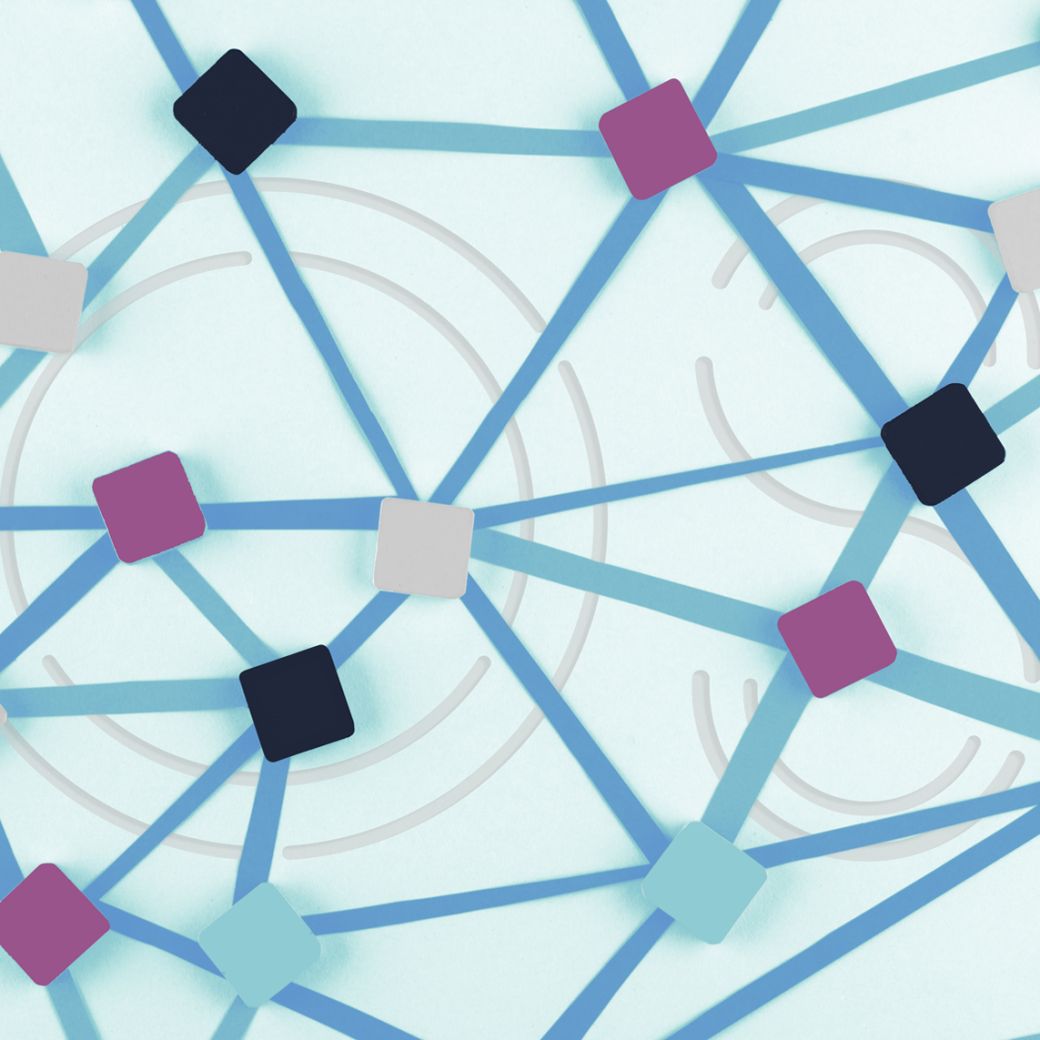Community of Practice on Open Science and Responsible Research Assessment
Community of Practice on Open Science and Responsible Research Assessment



More traditional, publication-driven assessments of research(ers) are running out of steam. Multiple initiatives are promoting responsible assessments of research and researchers. Simultaneously, a movement that incentivises open scientific practices is developing and gaining footing on European and national levels. These two movements have a unique opportunity to strengthen and reinforce one another. Research assessment reform can provide a big boost to the adoption of Open Science, and the transparency offered by Open Science can serve as a key enabler for assessment reform.
In bimonthly sessions, facilitated by the Centre for Science and Technology Studies (CWTS) at Leiden University (NL), we ask: How can research assessment consider Open Science and vice versa?
Information about past sessions can be found below.
About the series
In bimonthly conversations, research funders, research managers, researchers and anyone interested in these topics came together to discuss the multiple ways in which research assessment considers Open Science. Our guests told stories about issues, frustrations and the successes of research assessment in relation to Open Science. The goal of this community was to create a bouquet of stories of translation from which we could learn and draw inspiration for our own research assessments.
Objective
Understand how research assessments can consider Open Science in a responsible way, through the engagement of different epistemic communities (pilots).
Past sessions
19 November 2025. In this last CoP, we discussed common challenges for RRA, and how DORA's Practical Guide to Implementing Responsible Research Assessment at Research Performing Organizations and the GraspOS SCOPE+i Framework might complement each other. Giovanna Lima also talked about DORA’s CoP, where members can continue exchanges of experiences around RRA and Open Science. (30 participants). Access the materials.
11 June 2025. In a previous Community of Practice meeting, one of our panelists introduced a distinction between monitoring and assessing Open Science, arguing that the former is relatively unproblematic while the latter involves major challenges and risks. In this session, Elizabeth Gadd (INORMS and CoARA) and Natalia Manola (OpenAIRE) discussed the opportunities and challenges of assessing Open Science. In particular, the session focused on the technical and social challenges of assessing Open Science in a fair an inclusive manner, and on the opportunities that research assessment reform movements may present to include Open Science. (49 participants) Access the materials.
12 March 2025. Inspired by the diverse research assessment approaches observed across the nine GraspOS pilots, this session focused on the role of context in Responsible Research Assessment. The discussion was structured to address the recent call for assessment reform that is ‘as aligned as possible, but as diverse as necessary’. (Stroobants, et al., 2024).
Clifford Tatum (CWTS) and Laura Himanen (CSC) chaired the session and presented the work carried out in GraspOS. In a panel discussion, Karen Stroobants (CoARA), Gareth O'Neill (Technopolis Group), James Morris (Science Europe) and Sarah de Rijcke (Leiden University) explored the significance of context in assessment reform and its broader implications. (42 participants) Access the materials.
22 January 2025. This session focused on how Open Science is monitored at university level, and how this relates to assessment. Rita Morais (European University Association), Biljana Kosanović (University of Belgrade), Ana Đorđević (University of Belgrade), and Nicolas Fressengeas (University of Lorraine) shared different angles of the discussion. (90 participants) Access the materials.
13 November 2024. In this panel discussion, Bianca Kramer, Thanasis Vergoulis and Janne Pölönen discussed the Barcelona Declaration roadmap from the perspective of the coordinators of the declaration, the GraspOS project, and the Coalition for Advancing Research Assessment (CoARA). The discussion focused on ways in which openness of research information can support and strengthen reform in research assessment practices. (71 participants) Access the materials.
11 September 2024. In this session, Ioana Spanache, Science Policy and Research Assessment Expert at UEFISCDI, and Alina Irimia, Open Science projects coordinator at UEFISCDI, presented the roadmap for the GraspOS pilot focusing on the development of an Openness Researcher Profile to be implemented at national level. (30 participants) Access the materials.
10 July 2024. In this session, Odile Hologne, Head of the directorate for Open Science at INRAE, presented the Open Science policy and monitoring activities of the institution, along with its progress in integrating qualitative assessments and Open Science in research evaluation. (12 participants) Access the materials.
15 May 2024. In this session, Anestis Amanatidis from Utrecht University provided a review of how Open Science values are assessed at various levels the organisation. Early insights were presented along with the challenges faced by universities in assessing Open Science. (39 participants) Access the materials.
20 March 2024. Laurent Romary, Director for Scientific Information and Culture at Inria, discussed the intersection of Open Science and Research Assessment in Computer Science. The focus was on the issue of research software and its identification in scholarly publication to improve the visibility of such assets in a researcher's profile. (29 participants) Access the materials.
17 January 2024. Fotis Mystakopoulos from OPERAS reflected on the role Open Science can play in fostering a more inclusive research assessment process that prioritises quality over quantity in the Social Sciences and Humanities. (48 participants) Access the materials.
18 October 2023. Ludo Waltman from CWTS discussed the complexities that he has already encountered at the interface of responsible research assessment and Open Science. (45 participants) Access the materials.
For any questions regarding the Community of Practice, please reach out to

want to know
more?

